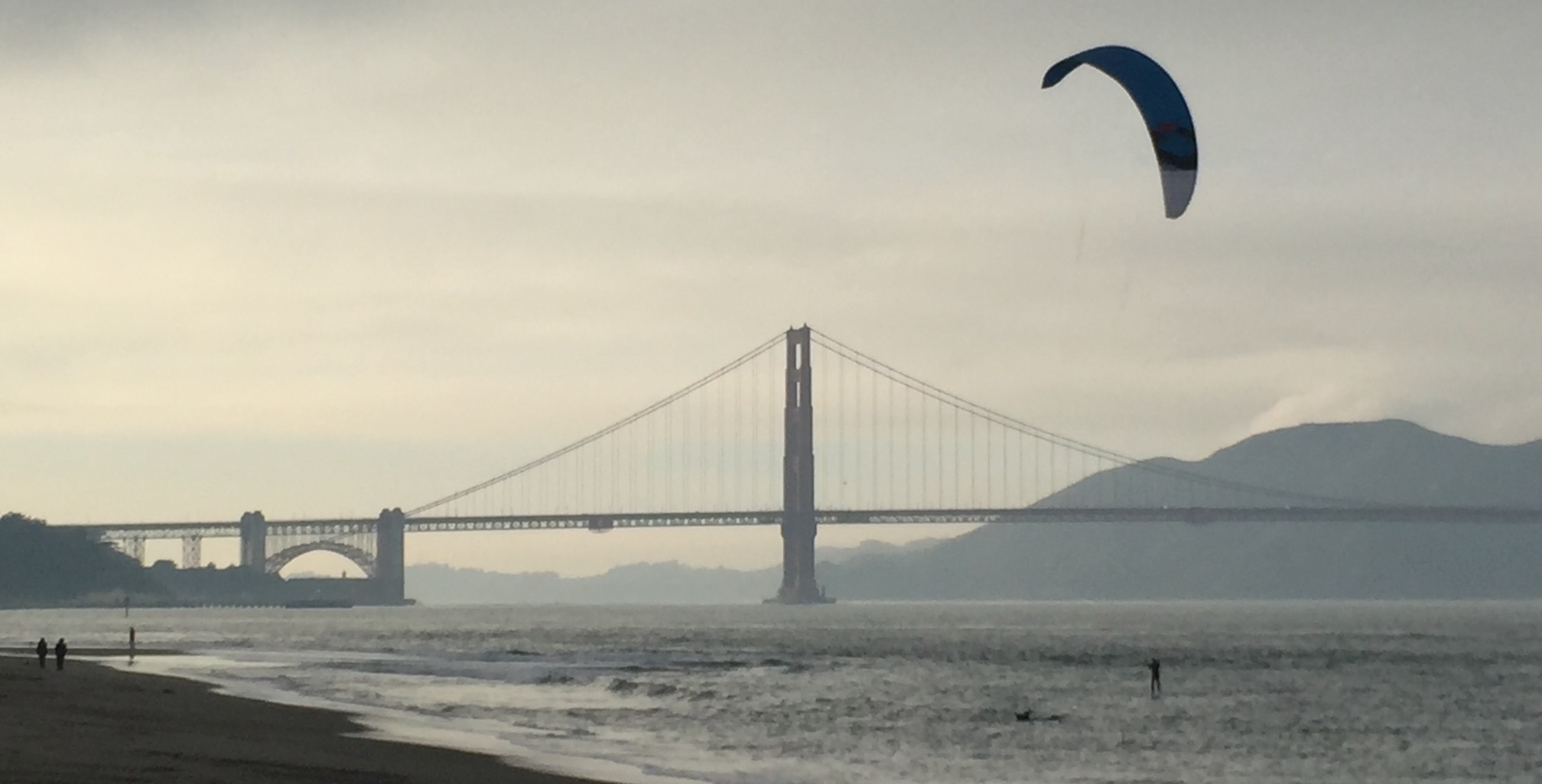How do we learn to work with both the lower and the higher impressions that surround us?
At the beginning of the work, we hear that man is a machine. The work begins with the study of this machine. We study the lower and the higher within us. We learn of our four lower centers and observe how they function under different levels of attention. Fluctuations in our state of consciousness become apparent. We see how the many ‘I’s are triggered by internal and external stimuli.
From one point of view, this study is not exactly encouraging. We begin to see our mechanicalness – to really see it. We are indeed machines, or robots, put into motion by external stimuli. If man is actually a machine, for what purpose does he exist? What can be of value in such a life?
I am sitting in my favorite café again, enjoying a croissant and cup of strong coffee. I see myself reading the signs on the walls of the café; being an intellectual type, I can’t avoid it. I hear popular music playing behind me, the sound of other voices. There are smells of coffee and pastries. An occasional blast of fresh, cold air from the door comes my way.
All of this enters me because my mind is relatively quiet. As soon as our mind is quiet, we can begin to observe ourselves. All four centers are quite receptive. Yes, like Ouspensky says, man is a receiving apparatus. In fact, all of organic life on Earth consists of different kinds of receiving devices. In a simple way, the sun and atmosphere touch every organism, and processes each impression in its unique way.
“Man is a machine, but there are different machines, and machines can be made for a special purpose. … He is made a recipient of certain higher influences coming from worlds 3, 6, 12 and because he can receive these influences from higher worlds he can become independent of the world surrounding him,” writes Ouspensky.
Here we see why we are so sensitive to our surroundings. We are capable of receiving very fine, evanescent impressions from higher worlds, as Ouspensky mentions. But what are these finer influences? They mix in with ordinary impressions and become perceptible only when our mind is truly quiet and we are present. They are a color, an underlying light.
Some types of impressions contain more of these finer influences. Our experience of the fine arts and of nature contain more higher hydrogens because their origin is from a world higher than the human one. With inspiration, the artist temporarily connects to these higher worlds, and can embody them in their art. Nature embodies the influence of World 24, the planetary world.
Through school work, we can develop our inborn capacity to receive higher impressions. Because the human machine can perceive these influences coming from higher worlds, it is eligible for something that no other organic creature is. By developing this sensitivity, a human can begin to accumulate these higher impressions, or substances. When enough accumulate, they crystallize into an astral body that can survive death, according to Gurdjieff. This is the bright side of being a machine.
As long as our mind is quiet, we can be receptive to these higher worlds. Anyone who has tried to observe themselves, to remember themselves, or has tried the small aims we are suggesting in this group, will soon realize that most of the day, they are not present. The mind runs by itself in an endless stream of imagination. Yes, it may wake up for a moment if something unusual happens in the environment, but quickly the unbroken stream of thoughts starts again. And here is the terror of our situation…
If it is our purpose in the scheme of things is to receive these higher impressions, and to create something that can survive death, we are in a fine mess. Our time is running out, day by day. A certain part of us is deeply committed to imagination, to sleep, to deviating any tendency to be present. By doing this work, we are going against this part, swimming upstream. The only thing we have at our disposal is time. We must use that time—before it runs out—to put ourselves into a receptive state, as many moments as possible every day, and to stay there as long as possible.
David Tuttle, with over forty years in the work, has contributed various articles to the FourthWayToday.org, including Our Sense of ‘I’, Developing Higher Consciousness, School Traditions and the Ideal State, Lost to the World, What is it Then Between Us, An Apollo Walk, and The Cascade Fire, seen here: https://fourthwaytoday.org/author/david/. David is also the moderator for https://www.facebook.com/aquestionofpresence and the private Fourth Way group: https://www.facebook.com/groups/aquestionofpresence.
